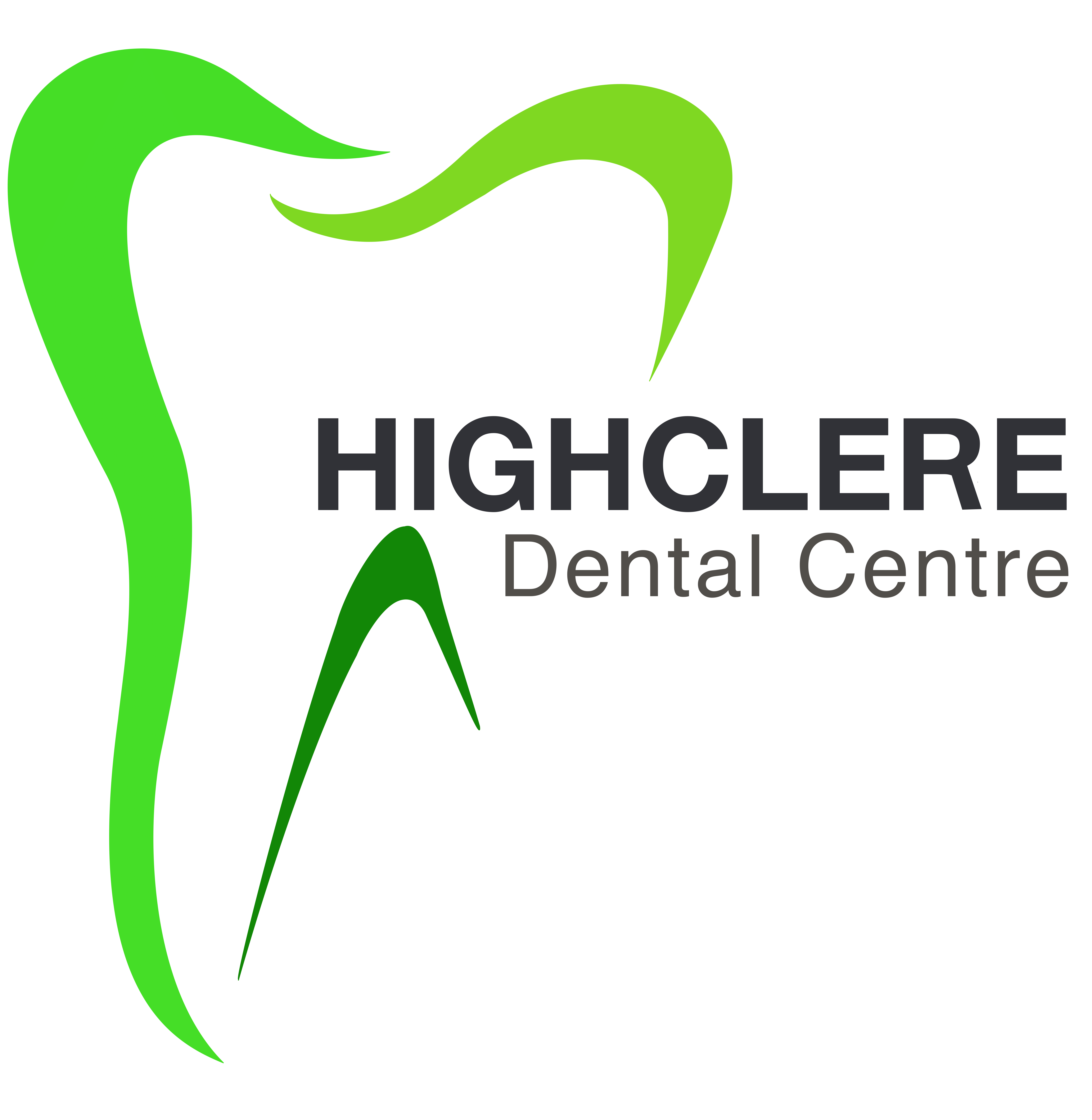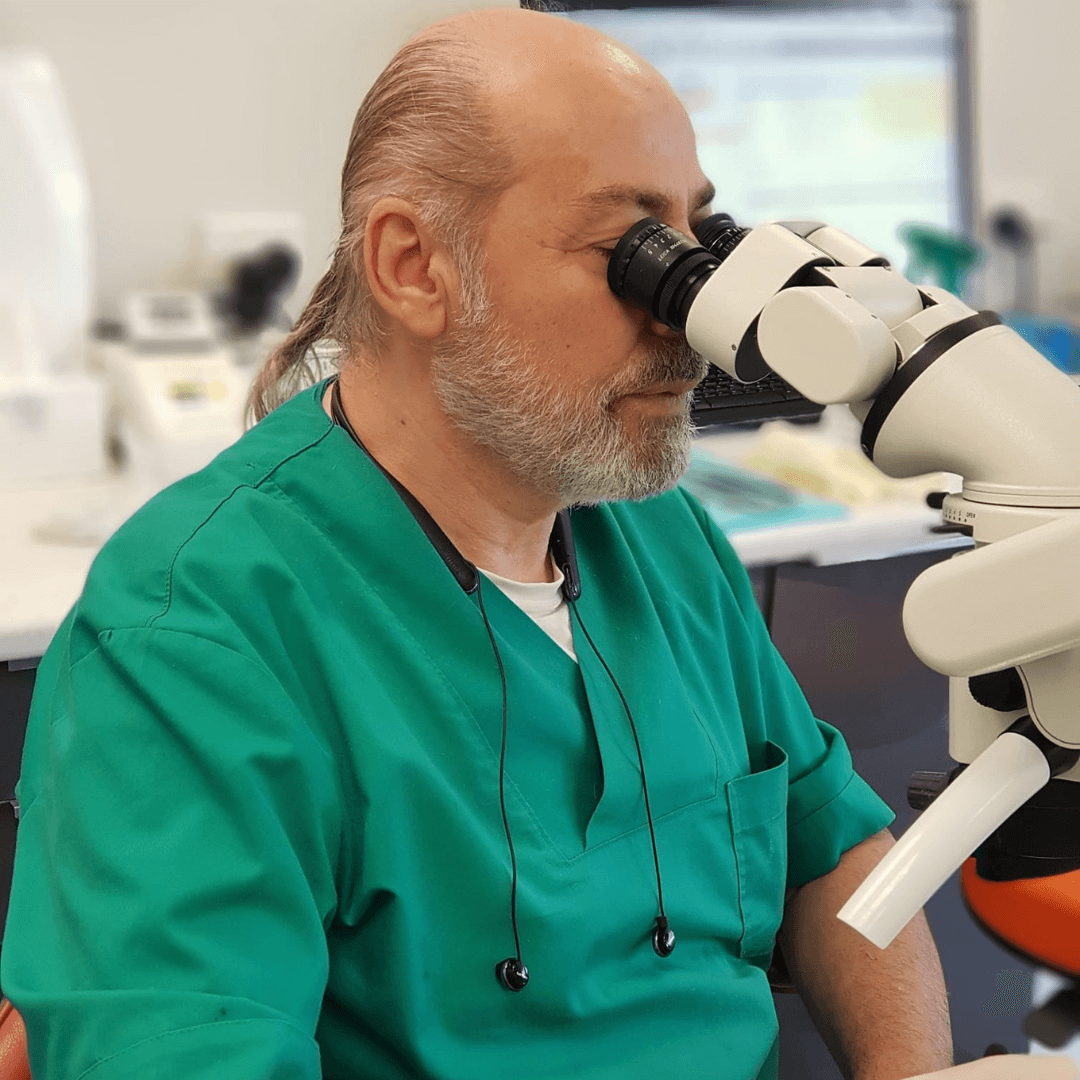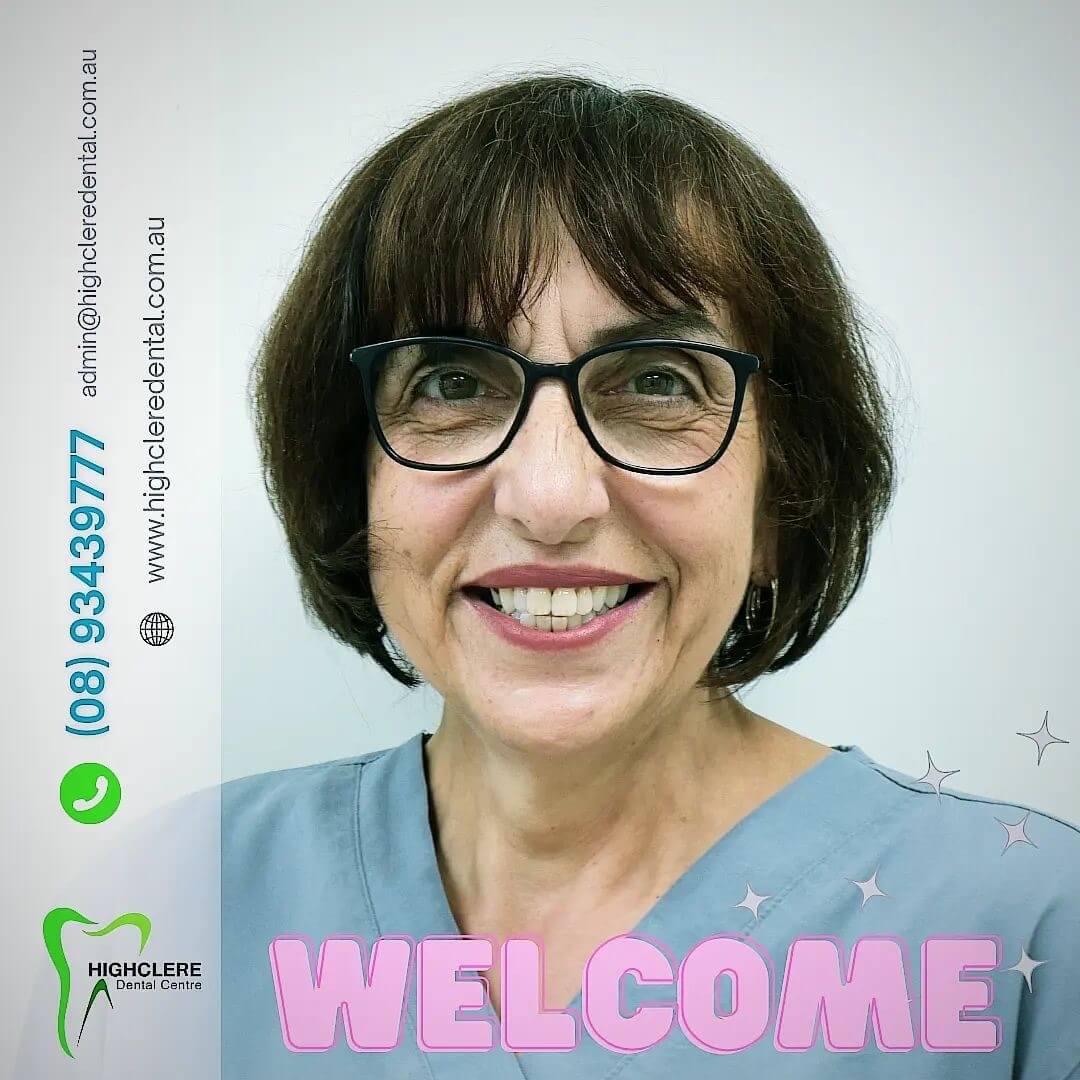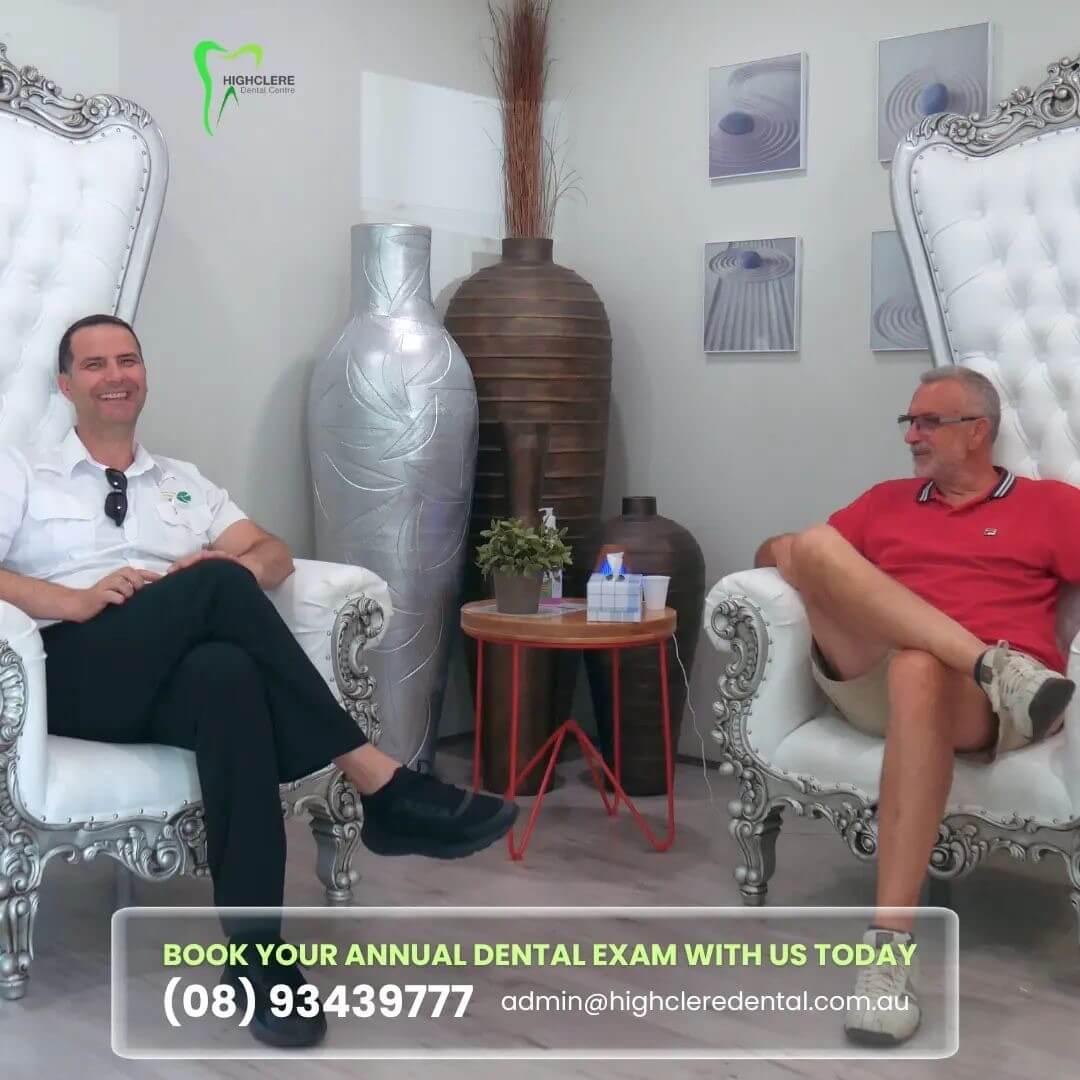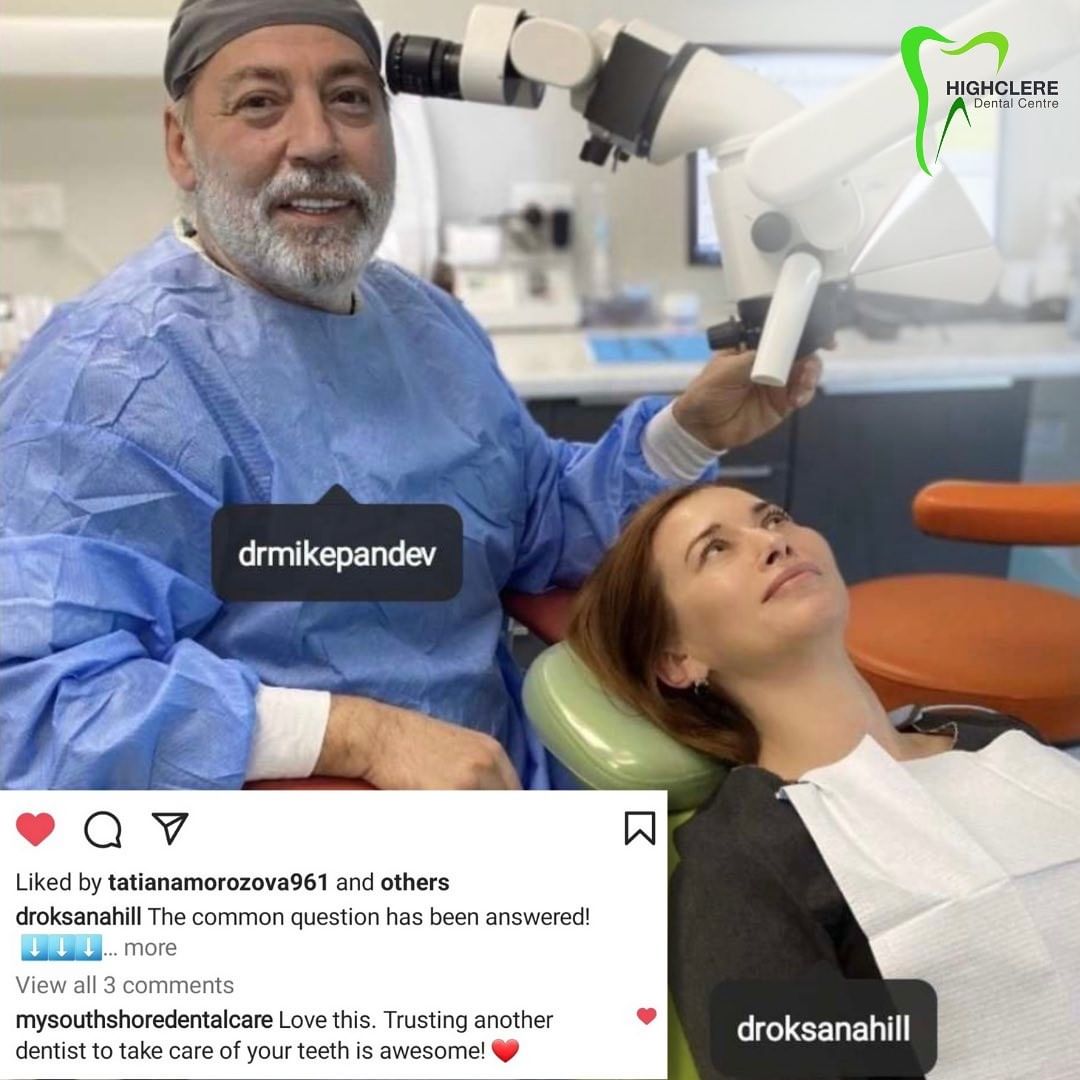Bruxism (Teeth Grinding)
Bruxism doesn’t lead to serious implications yet it is good to nip it in the bud quick.
Bruxism: The Causes, Symptoms, Treatments and Self Care Remedies

Bruxism, more commonly known as teeth grinding, is a condition where your teeth are positioned under a lot of pressure; through oppressive grinding, tight clenching and clamping down of the mouth.
More often than not people perform this act subconsciously, either during the daytime or while you’re sleeping at night. The condition is normally the consequence of physical or psychological problems, so if you’re feeling a little stressed and are suffering from dental complications that can’t quite be explained, you may in fact be a grinder.
Bruxism doesn’t lead to serious implications yet it is good to nip it in the bud quick. I have provided some key information to make you aware
Symptoms: The signs may include;
- Worn away tooth enamel,
- Sore, pained or sensitive teeth and or face,
- Jaw ache, or a clicking sound coming from the jaw,
- Chewing damage from the inside of your teeth or tongue
It is important to take a visit to your dentist if you suffer from one or more of these symptoms, just to be on the safe side.
Causes: There isn’t an exact reason for bruxism, it varies from person to person; the most common causes of bruxism are;
- Intense emotions such as hypertension, stress, anxiety and anger, of which the grinding constitutes as a coping and concentration tool. The knock on effect to this is sleep apnoea, which only adds to the psychological strain and therefore impacts the likelihood of bruxism.
- Malocclusion, abnormal alignment of your upper and lower teeth,
- Hyperactive, aggressive personality types,
- Response to toothache, or for a child, a coping method to teething.
Treatments:
It is common that most bruxism victims either grow out of the condition, or it is only a result of temporary stress, so it can be stopped in time without any treatment needed. However if your case is more severe, specific treatment may be needed. There are 3 approaches;
Dental: Dental corrections and preventative measures such as mouthguards are commonly used methods. Despite this, the dental treatments predominantly fix broken or injured teeth that are caused by the bruxism, and the mouthguard is used to protect them from the friction grinding creates.
Some dental problems can in fact cause bruxism; for instance, if your teeth aren’t aligned properly this can cause pain. In turn this can create tension in the mouth, making you clench and grind in order to alleviate the pain. In that case, the dentist may suggest realigning your teeth, in order to fix the underlying problem
Medication: These are one of the least effective methods, and more research is being done to determine how to improve this. Nonetheless it works for some individuals, the examples of the medications that are occasionally used are muscle relaxants. These help to relax the muscles around your mouth, the muscle relaxant is used before bedtime. Both of which are only considered in severe cases where nothing else seems to be working.
Therapy: Stress can normally be maintained by a cup of tea of a walk around the block, but in some severe cases, stress therapy and counselling may be the best solution to get you back on form and bruxism free.
Behaviour therapy can also be an effective solution, as once you have been diagnosed with bruxism, you can practise good mouth and jaw positions which minimize the effects. Training your behaviour can take time but if done properly, it can be the most effective method.
Natural Self- Care Remedies:
Primarily, grinding occurs when your mind and body are worked up, anxious and stressed, which, as we all know, can have a serious effect on our sleeping habits. This is why grinding more often than not, transpires when you’re tucked up in bed. It is suggested that it’s a physical reaction to your body dealing with the hypertension.
These self- care suggestions can help prevent and even treat bruxism over time.
Perform Good Sleeping Habits: Stress can have a huge impact on our sleeping routines, however commit to focusing on developing a better sleeping pattern. This may include some sleep therapy and treatment initially, just to get you back on track.
Avoid Caffeine before Bed: Caffeine will make you feel restless and fidgety, which will only make you feel tense, only encouraging bruxism when you’re struggling to sleep. This will only hinder your improvements and worsen your bruxism condition. Instead have some hot milk or Horlicks, you’ll nod off before you know it.
Learn to Relax: Take some time out to do what makes you relax; a warm bath, music, a good book, or a long walk can all help massively in reduces stress and instead release your feel good hormones. Tiredness from the exercise and the feeling of contentedness from taking time for yourself can also set you up for a great night’s sleep.
Get your Partner Involved: Simply ask your partner to listen out for any noises you’re making in your mouth during the night, you can then relay this back to your dentist.
Gum Disease
It is a well-known fact that people should make regular visits to a dentist to ensure good dental hygiene and a healthy smile. By attending regularly, we will be able to identify any problems at an early stage and agree on the best treatment plan for you.

Book An Appointment
Call: 08 93439777
55 Highclere Boulevard
Marangaroo WA 6064
Working Hours
Saturday: By appointment only. Please call our friendly team or book online.
Sunday: Closed
